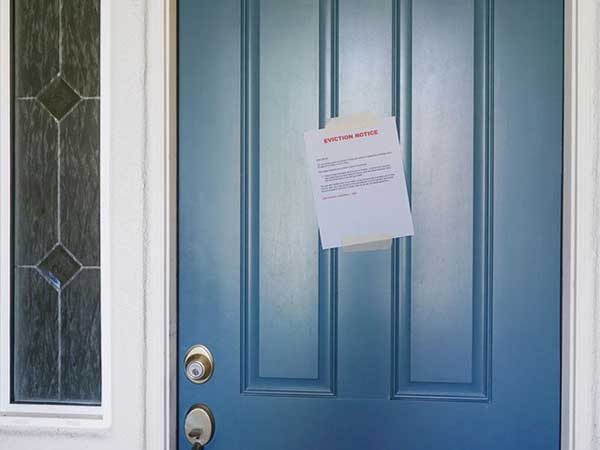Blog

Trusted Northwest Suburban Law Firm
847-944-9400
What can be said about evictions during the pandemic lockdowns? One thing is certain, these are unprecedented times for all and, specifically, for evictions. There are new requirements and new obstacles to overcome in pursuing an eviction on a regular basis. To say it is difficult to keep track of all the new updates would be an understatement.
Governor J.B. Pritzker recently signed Executive Order 2021-01 affecting residential evictions. This Executive Order extends the current restrictions, first laid out in Executive Order 2020-72 (modified by Executive order 2020-74), through Feb. 6. Pursuant to this compilation of Executive Orders, evictions are only allowed to proceed under restricted circumstances.
First, a landlord is required to provide the tenant a declaration form, which can be found here: https://df7qosnywqs6g.cloudfront.net/wp-content/uploads/2021/01/Tenant-Declaration-Forms-1.8.21.pdf. If the tenant signs the form and gives it back to you then the tenant would be considered a “Covered Person” in which you cannot file an eviction, unless there is an emergency situation where the tenant poses a direct threat to the health and safety of other tenants or an immediate and severe risk to property. If the tenant does not sign the form and gives it back to you within five days, you can start the eviction process by issuing a termination notice. However, the latest Executive Order seems to indicate even if the tenant does not provide you the declaration form, but they are up to date on rent, you cannot evict them unless it is an emergency situation as previously described.
Additionally, there may be other requirements if you want to proceed with a residential eviction. For example, in Chicago a landlord is required to provide an additional letter with their five-day notice that informs a tenant of their rights under the COVID-19 Eviction Protection Ordinance. This ordinance states if a tenant notifies a landlord, they have been impacted by the COVID-19 pandemic within five days of receiving an eviction notice the parties must try to work out the situation for an additional seven days (a total of 12 days). There are additional requirements in the ordinance regarding potential terms for working out the situation.
All of the previously mentioned requirements are new and currently being figured out by landlords and attorneys throughout Illinois. This is on top of the CDC’s halt on certain evictions through Jan. 31. There could be additional changes or more requirements to come, but the world of evictions is constantly changing and getting more complicated for landlords to protect their rights. Contact one of our eviction law attorneys by requesting a free case evaluation button below.
